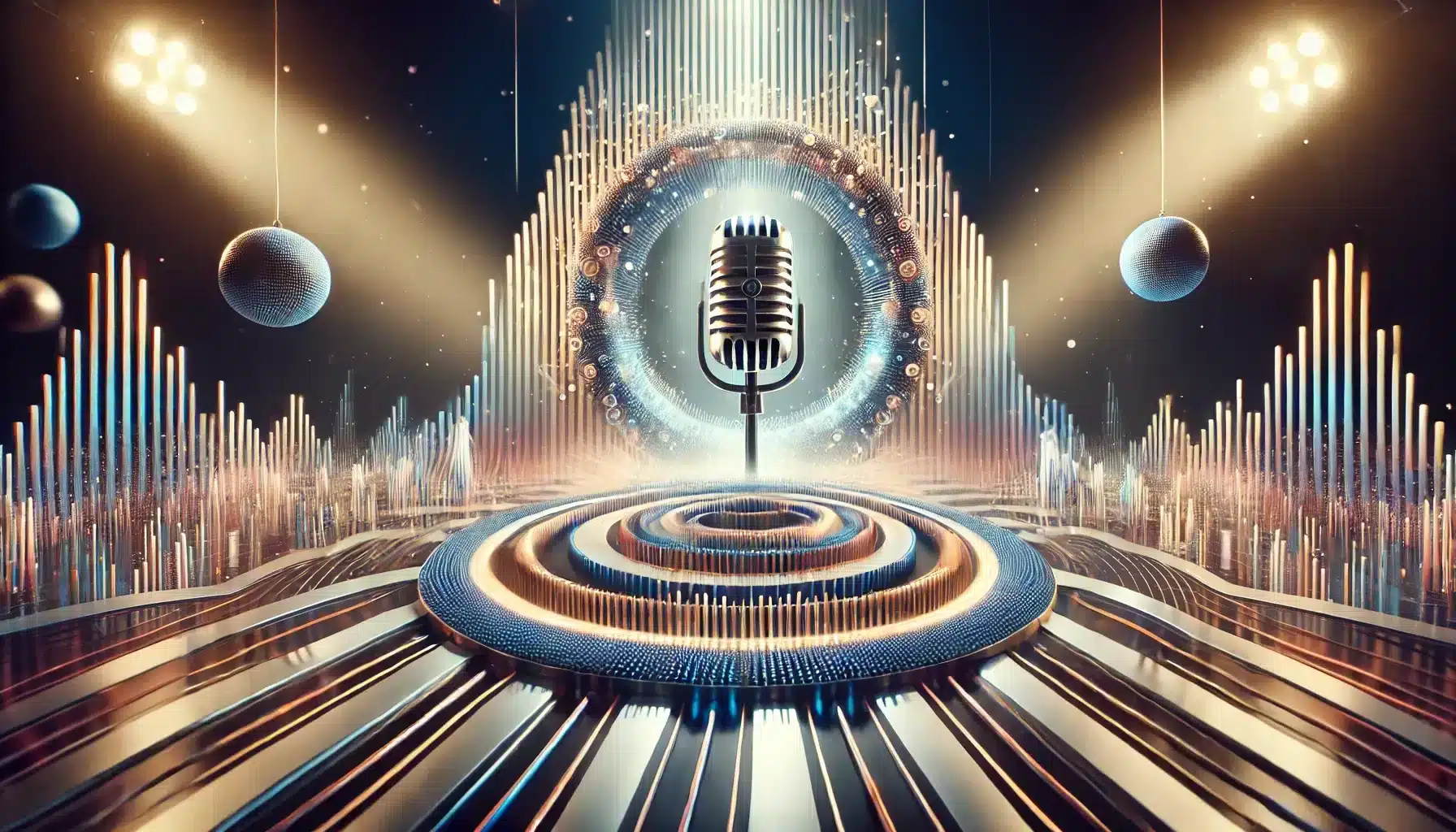What is the Eurovision Song Contest Finale?
The Eurovision Song Contest Finale is the grand conclusion of the annual Eurovision Song Contest, where participating countries compete in a spectacular live music event. Organized by the European Broadcasting Union (EBU), the contest brings together artists from across Europe and beyond to showcase their performances in a celebration of music, culture, and unity.
The finale determines the overall winner of Eurovision, with votes coming from both professional juries and public televoting. Known for its extravagant staging, diverse musical styles, and iconic moments, the Eurovision Song Contest Finale attracts millions of viewers worldwide.
History and Origin
The Eurovision Song Contest was first held in 1956, making it one of the longest-running televised music competitions. Inspired by Italy’s Sanremo Music Festival, the contest was created to bring European nations together through music after World War II.
Over the years, Eurovision has grown into a global phenomenon, with countries from outside Europe, such as Australia, now competing. The contest has launched the careers of many artists, including ABBA, Celine Dion, and Måneskin, and has become a platform for cultural diversity and creative expression.
Who Watches the Eurovision Song Contest Finale?
- Music fans: Viewers from around the world tune in to watch their favorite artists perform live.
- Competing nations: Countries participating in Eurovision engage in national celebrations and live viewing events.
- LGBTQ+ community: The contest has a strong following within the LGBTQ+ community due to its inclusive atmosphere and extravagant performances.
- Media and entertainment industry: Journalists, bloggers, and influencers cover the event, analyzing performances, voting patterns, and stage production.
- Casual viewers: Many people watch for the spectacle, dramatic voting sequences, and unexpected moments that have become Eurovision traditions.
Slogans and Themes
Each Eurovision Song Contest has a unique theme that reflects the spirit of the event and the host country’s vision. These themes promote unity, creativity, and diversity in music.
Slogans such as united by music, celebrate diversity, and open up emphasize the values of connection, inclusion, and artistic freedom that Eurovision represents.
Colors, Symbols, and Patterns
Colors
- Blue: Represents trust, unity, and the global audience of Eurovision.
- Gold: Symbolizes victory, excellence, and the prestige of winning the contest.
- Rainbow hues: Reflect the diversity and inclusivity of Eurovision.
Symbols
- Microphone trophy: Represents the ultimate prize awarded to the winner of the contest.
- Eurovision heart logo: Symbolizes love for music and the unifying power of the competition.
- Stage lights and fireworks: Represent the vibrant, dynamic performances that define Eurovision.
Patterns
- Abstract waveforms: Reflect sound waves and the impact of music.
- Star motifs: Symbolize the rising talent and international recognition of Eurovision artists.
- Geometric designs: Represent modernity and the evolution of stage production.
Most Used Hashtags
- #Eurovision
- #EurovisionFinale
- #ESC
- #Eurovision2025
- #UnitedByMusic
How to Celebrate the Eurovision Song Contest Finale
- Host a Eurovision party: Invite friends and family to watch the final and enjoy themed snacks, decorations, and scorecards.
- Participate in voting: Engage in the public voting system to support your favorite country.
- Dress in Eurovision style: Wear outfits inspired by iconic Eurovision performances or the host country’s theme.
- Share on social media: Use Eurovision-related hashtags to join the global conversation.
- Explore past Eurovision hits: Listen to winning songs from previous years to experience the contest’s musical legacy.
Why is the Eurovision Song Contest Finale Important?
Eurovision is more than just a music competition;it is a cultural event that promotes international cooperation, artistic creativity, and social inclusion. The contest provides a platform for emerging and established artists to share their music with a global audience.
The finale showcases a diverse range of musical styles and performances, highlighting how music can transcend borders and bring people together. Eurovision continues to inspire generations of musicians, fans, and communities, making it one of the most anticipated entertainment events of the year.
Features
Eurovision Song Contest Finale
Why do you keep falling for the same type?
Read the article Lovemaps: the hidden blueprint of our love.

